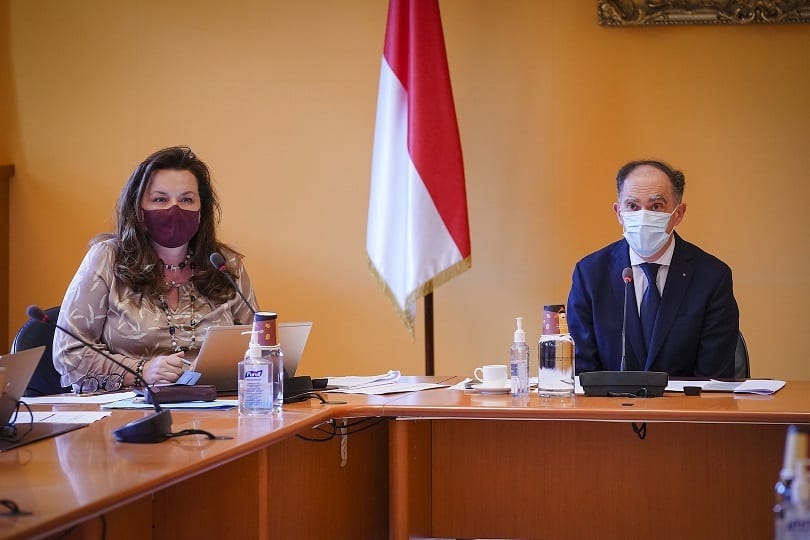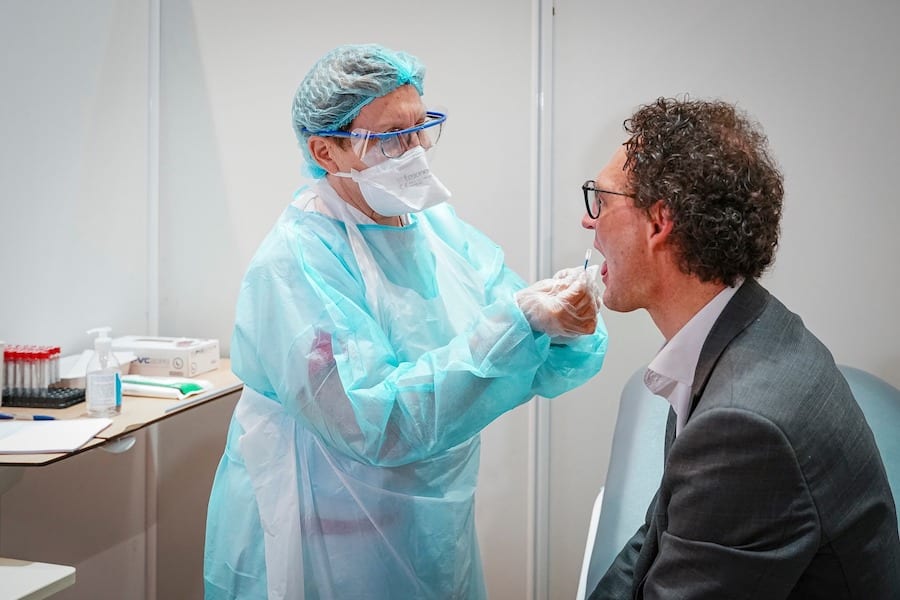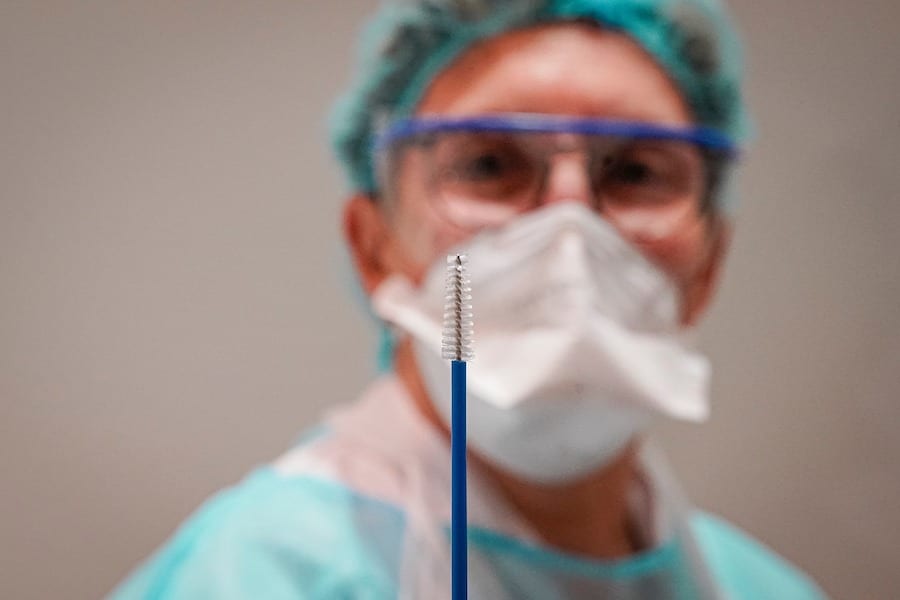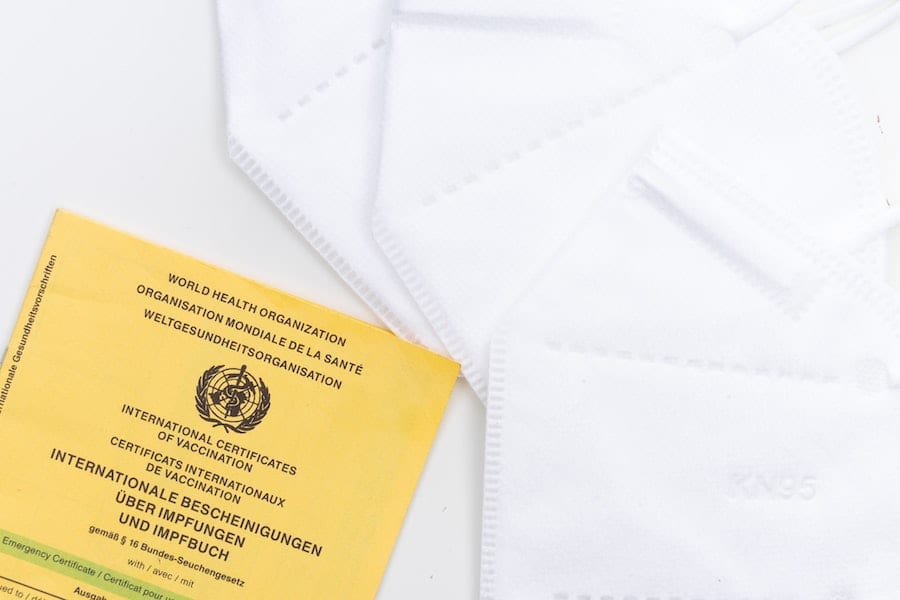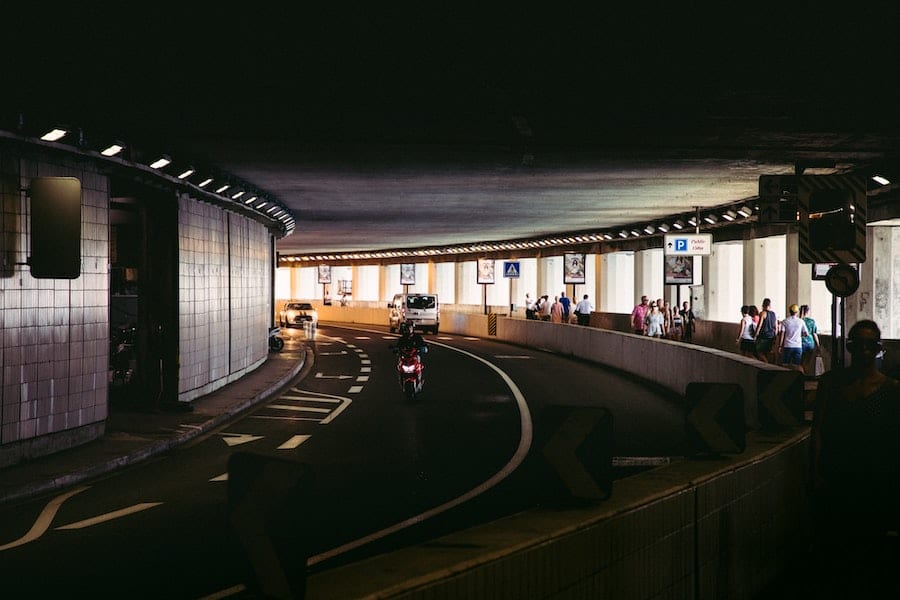The government has strengthened economic aid for businesses hard hit by the Covid health crisis, guaranteeing further support for the first quarter of 2021.
At a press conference on Friday, Minister of Finance and the Economy Jean Castellini and Welcome Office Director Laurence Garino presented the additional support measures for companies most affected by the pandemic.
“Even if the Monegasque economy has held up rather well, the aid and support measures for sectors in difficulty must be maintained and adapted to the context,” said the finance minister. “Therefore, nearly 150 million euros, entered in the 2021 budget, will help support economic players for immediate aid and, in the long term, to support the recovery.”
The new measures, developed in consultation with the National Council, include a reduction of the eligibility threshold for loss of turnover to 40% from 50%, and an increase in the share of the monthly rent (excluding charges) to 80%.
For specific tourism sectors, such as snack bars, restaurants and events companies, the “special allowance” has increased to €2,500 per month for the first quarter of 2021.
Additional financial assistance of maximum of €15,000 will be given to restaurants who are now forced to dismantle their terraces for the installation of the Monaco Grand Prix circuit and grandstands.
Meanwhile, the government is extending the repayment period for loans guaranteed by the State to 84 months, including 24 months deferred.
Welcome Office Director Laurence Garino said the economic recovery plan also includes boosting the commercial attractiveness of Monaco, particularly on international platforms, as well as the Monaco Boost business incubator.
Financial aid extended
